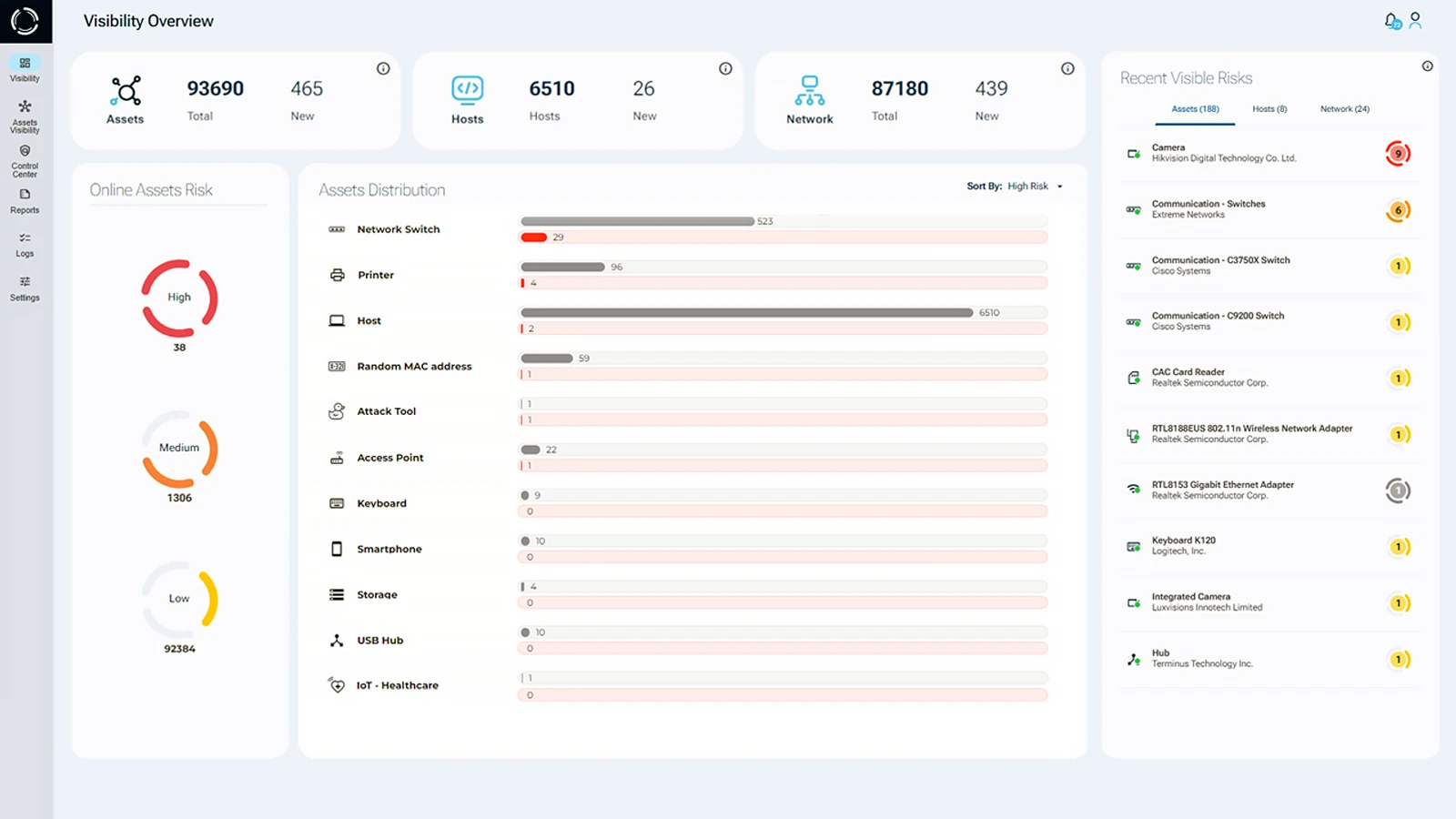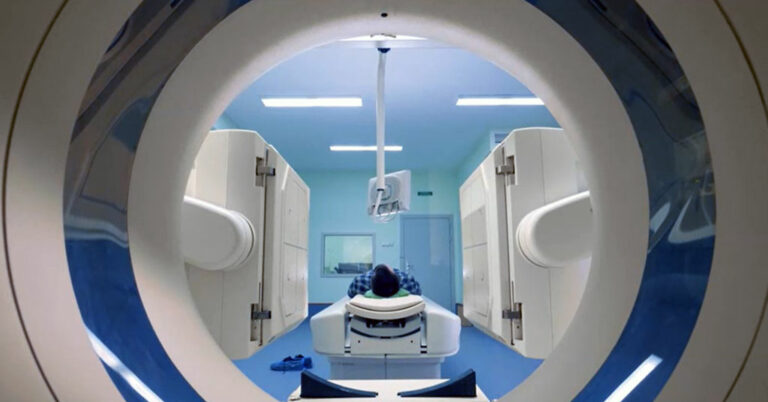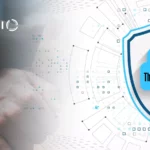What is Healthcare Cybersecurity?
Healthcare cybersecurity is crucial for safeguarding sensitive patient data and ensuring robust security across healthcare systems. As healthcare organizations continue to digitize records and adopt new technologies, the risk of cyberattacks and data breaches grows. Cybercriminals are increasingly targeting hospitals and clinics, exploiting vulnerabilities to gain unauthorized access to critical medical information. As these threats evolve, it’s essential for healthcare providers to stay ahead with effective healthcare cybersecurity solutions that protect patient privacy and data integrity.
To combat these risks, healthcare organizations must follow healthcare cybersecurity best practices, such as implementing data encryption, intrusion detection systems, and conducting regular risk assessments. With these measures in place, healthcare providers can mitigate potential vulnerabilities and prevent costly data breaches. In addition, maintaining compliance with industry regulations and ensuring the ongoing training of staff on cybersecurity best practices are critical steps in fortifying defenses against cyber threats. Strengthening healthcare cybersecurity helps preserve the trust of patients while ensuring continuity of care and system reliability.
Why Is the Healthcare Sector a Prime Target for Cyberattacks?
Cybersecurity in the healthcare sector has become a top priority as hackers target valuable digital assets. Ransomware attacks, which lock down systems and files until a ransom is paid, are a major threat. Paying these ransoms is not advisable, as it not only encourages further attacks but also does not guarantee the recovery of the compromised data. A significant gap in cybersecurity practices within healthcare organizations further increases the risk, leaving systems vulnerable to data breaches and cyberattacks.
One of the major healthcare cybersecurity challenges is the large volume of sensitive data being managed, including Personal Health Information (PHI), which has high black-market value. Cybercriminals often aim to exploit this data for identity-theft and other malicious purposes. To mitigate these risks, healthcare organizations must comply with regulations such as the General Data Protection Regulation (GDPR) and the Health Insurance Portability and Accountability Act (HIPAA). These regulations mandate security strategies to protect data privacy through encryption and other security technologies.
Cybersecurity Threats in Healthcare
The healthcare industry is increasingly vulnerable to a wide range of cybersecurity threats, putting sensitive patient data and critical systems at risk. As technology continues to evolve, so too do the tactics used by cybercriminals targeting healthcare organizations. From data breaches and ransomware attacks to phishing schemes and insider threats, healthcare institutions must remain vigilant to protect patient confidentiality, maintain trust, and ensure the continuity of care.
What Are the Most Common Cybersecurity Threats in Healthcare?
Below, we explore some of the most significant cybersecurity threats in healthcare today.
- Data breaches are among the most common and damaging cybersecurity threats in healthcare. A single security breach can expose thousands of patient records, leading to financial losses, legal penalties, and a loss of trust. Security professionals must prioritize data-security through encryption and security management protocols to mitigate these risks. For more details, visit Cases Currently Under Investigation.
- Ransomware attacks have surged in recent years. These attacks encrypt files and demand payment for their release. In the healthcare sector, these attacks can be life-threatening, as they may delay treatments and surgeries. Security experts advise against paying the ransom, as it does not guarantee data recovery and may encourage future attacks.
- Healthcare staff are frequent targets of phishing attempts and social engineering tactics. Attackers use deceptive emails or messages to trick employees into revealing login credentials or downloading malware. Security training and awareness programs are critical to helping staff recognize and avoid these threats.
- The proliferation of connected devices in healthcare, such as IoT devices and medical equipment, increases the risk of Rogue devices bypassing traditional network security defenses. Intrusion-detection systems and endpoint security solutions are essential for identifying and neutralizing these threats.
- Insider threats, whether intentional or accidental, can compromise data privacy and security measures. Healthcare organizations must implement strict access control and monitor employee activity to prevent data leaks.
Healthcare IT Security Framework
Effective healthcare cybersecurity relies on a multi-layered approach to protect sensitive patient data, critical systems, and healthcare network security from evolving threats. Each component plays a vital role in securing healthcare environments, from safeguarding data privacy to ensuring compliance with industry regulations. Below, we explore the core elements that form the foundation of a robust healthcare cybersecurity strategy.
- Data Protection: Ensuring the confidentiality, integrity, and availability of sensitive patient information, often governed by regulations such as the Health Insurance Portability and Accountability Act (HIPAA).
- Healthcare Network Security: Implementing robust measures like firewalls to secure networks, prevent unauthorized access, and detect and respond to any suspicious activities.
- Endpoint Security: Protecting individual devices, including web-applications, from malware, ransomware, and other cyber-attacks.
- Access Control: Using strong passwords and authentication to restrict access to sensitive data and ensuring only authorized individuals can access patient information.
- Incident Response: Establishing protocols for managing security issues, including compromised systems or data breaches.
- Security Training and Awareness: Educating healthcare staff about cyber risks, recognizing phishing attempts, and promoting a culture of security awareness.
- Regulatory Compliance: Ensuring adherence to HIPAA, GDPR, and other frameworks for data privacy and security governance.
Sepio’s Healthcare Cybersecurity Solutions
Sepio offers a comprehensive suite of healthcare cybersecurity solutions, providing visibility and control over hardware assets through physical layer technology. Sepio’s platform detects and mitigates rogue devices, ensuring full visibility of all hardware within the healthcare network security infrastructure. With predefined granular security policies, Sepio supports compliance and best practices, offering easy setup without the need for extensive baselining.

By adopting Sepio’s Asset Risk Management (ARM) platform, healthcare providers can enhance their ability to detect and mitigate risks from known and shadow assets. This proactive approach strengthens data protection, ensures operational continuity, and prepares organizations to respond effectively to evolving healthcare cybersecurity threats.
Learn More About Sepio’s Healthcare Cybersecurity Solutions
Ready to strengthen your organization’s cybersecurity defenses? Discover how Sepio’s advanced healthcare cybersecurity solutions can protect sensitive patient data, prevent cyberattacks, and keep you ahead of evolving threats. With tailored solutions designed specifically for the healthcare industry, we can help you maintain the highest level of security.
Talk to a Security Expert Today
Explore how Sepio’s innovative approach can effectively address your cybersecurity needs. Speak with one of our experts to learn how we can help you secure your healthcare organization with the best cybersecurity solutions available.






